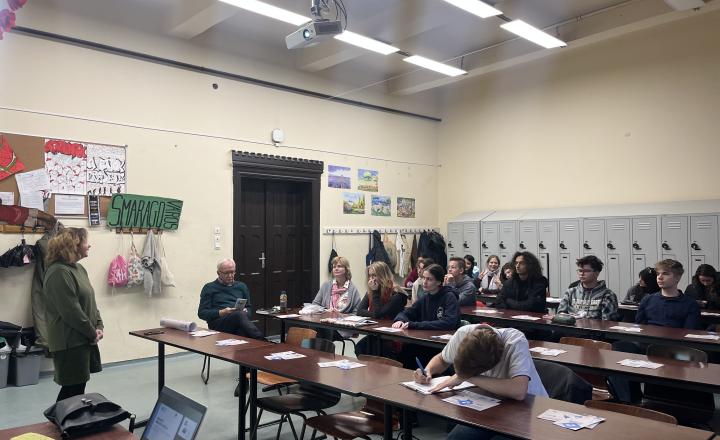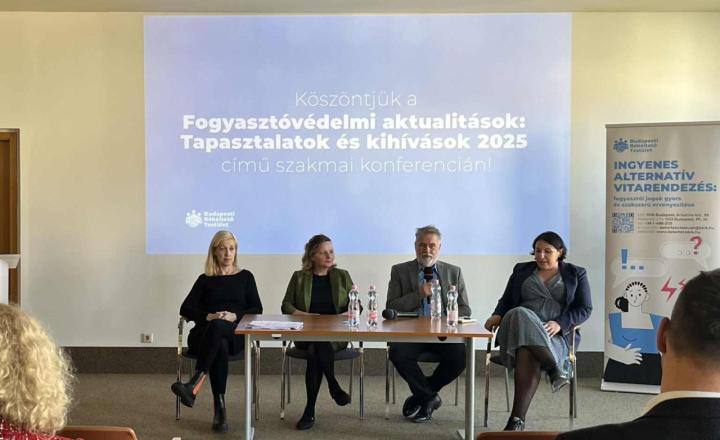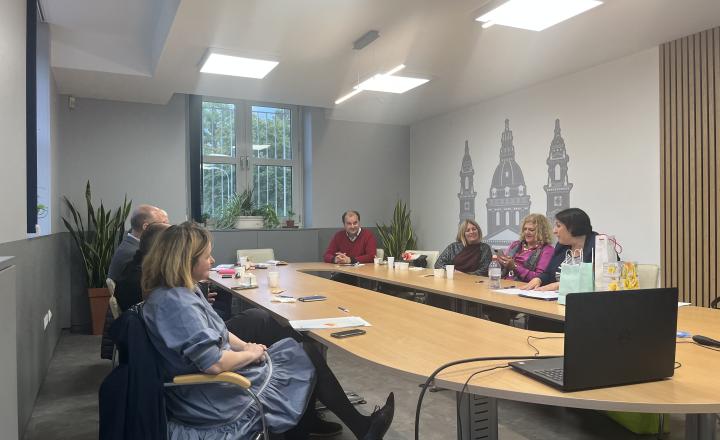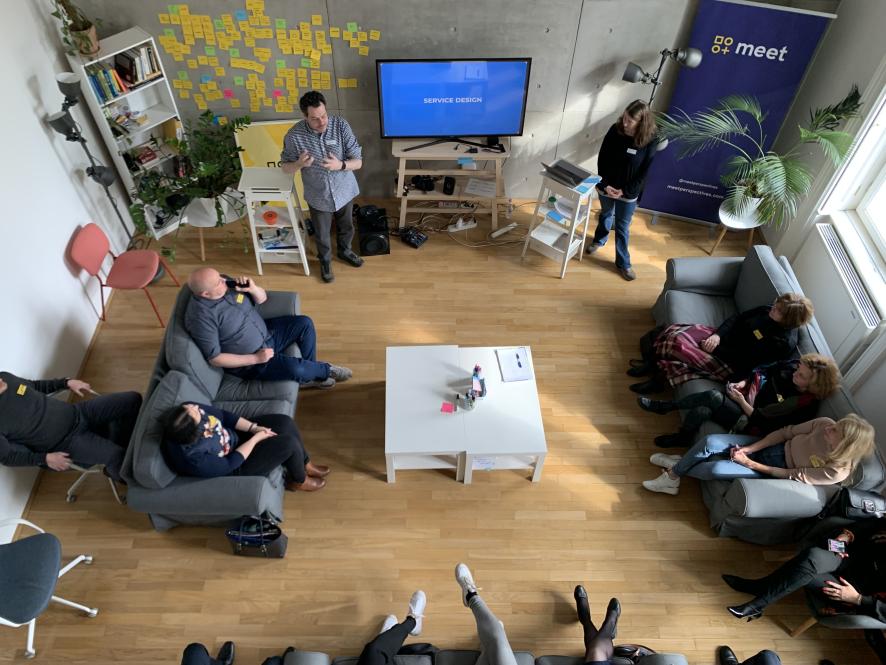
The Budapest Conciliation Board implemented a series of three interlinked workshops in 2024–2025 as part of the European Union project FAIRCOMADR – “Fostering the awareness of fair commercial practices through ADR tools within Hungary.” The consumer research carried out within the framework of the project aimed to improve conciliation as a service through the application of the service design methodology – a pioneering approach in the field of consumer protection in Hungary.
The project’s professional partner was the meet perspectives service design agency, which provided the methodological framework and facilitated the workshop process.
What is service design?
Service design is an interdisciplinary methodology focused on developing or redesigning services based on users’ real needs, experiences, and motivations. Its goal is to understand how services operate not only through internal processes but from the users’ point of view, from the outside in. The approach relies on empathy, collaboration, and visualisation, and combines creativity, systems thinking, and iterative development.
In service design research, the entire customer journey – the user’s experience from the first encounter to the last – is mapped and analysed: how consumers interact with the service, what challenges, emotions, and decision patterns they face, and how these can be improved. The aim is to ensure that any development is grounded in authentic human experience, rather than in purely organisational or legal logic.
Why apply a design-based approach to conciliation?
A design-driven approach is particularly suitable for uncovering the motivations, desires, and fears behind people’s decisions. Demographic data alone are not sufficient to understand why consumers choose – or avoid – conciliation; it also requires recognising differences in mindsets and attitudes. Service design allows the conciliation process to be addressed in a user-centred way, by mapping and developing the entire service process. As a result, the system becomes not only more efficient but also more transparent and human-centred.
Three workshops – three perspectives
As part of the Budapest Conciliation Board’s consumer research, three complementary workshops were held involving diverse stakeholders.
1. “As is” workshop (23 April 2024)
In this initial phase, the Board’s members and staff analysed how the conciliation process currently works – “as it is”. The goal was to identify existing challenges and trust barriers. Participants shared their views on consumers’ behaviour, typical client types, and their perceptions of why more people do not turn to the Board. The most common reasons included a lack of awareness, uncertainty about procedures, and a general fear of formal or bureaucratic processes.
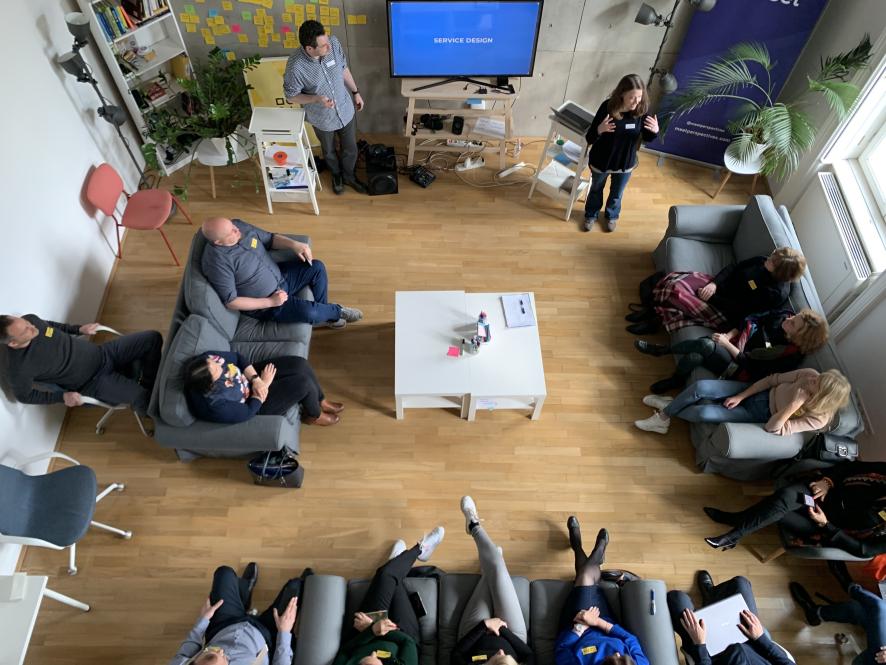
2. Professional workshop (20 June 2024)
The second workshop brought together representatives of businesses, chambers of commerce and industry, and conciliation boards to align their perspectives. The aim was to jointly define the role, success factors, and development opportunities of conciliation. The discussions highlighted that transparency, clear communication, and mutual trust are essential for effective and successful procedures.
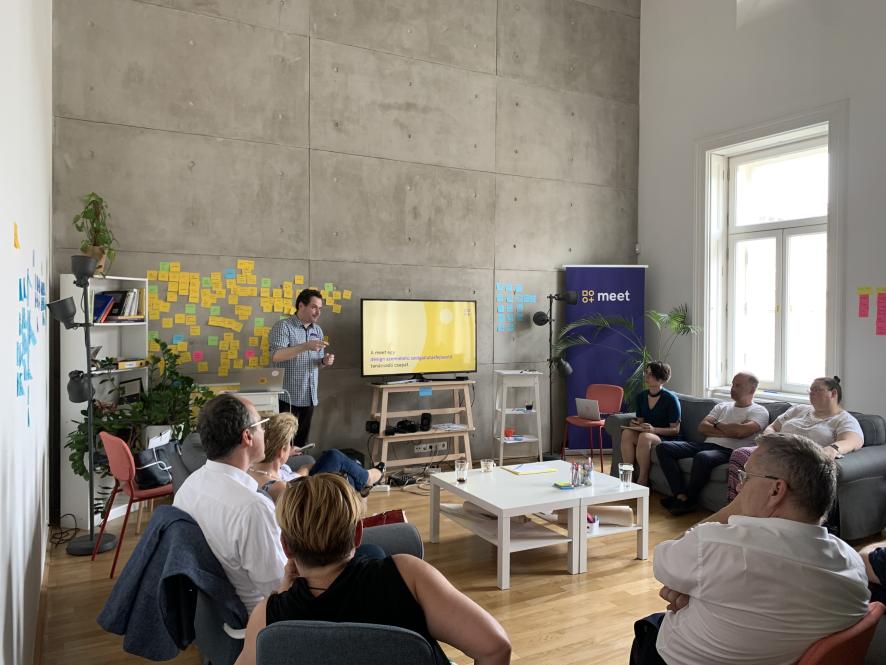
3. Ideation workshop (24 April 2025)
The final, creative session built on the insights of the research. Participants examined the conciliation experience and process both by phase and by persona – in other words, how each stakeholder experiences the procedure. (In the service design methodology, a “persona” represents a detailed, research-based description of different attitude types, helping to understand consumers’ diverse motivations, mindsets, and expectations.)
This approach enabled development ideas to emerge from real situations and lived stakeholder experiences. Numerous specific ideas were generated to simplify the consumer journey, make communication clearer, and improve digital touchpoints.
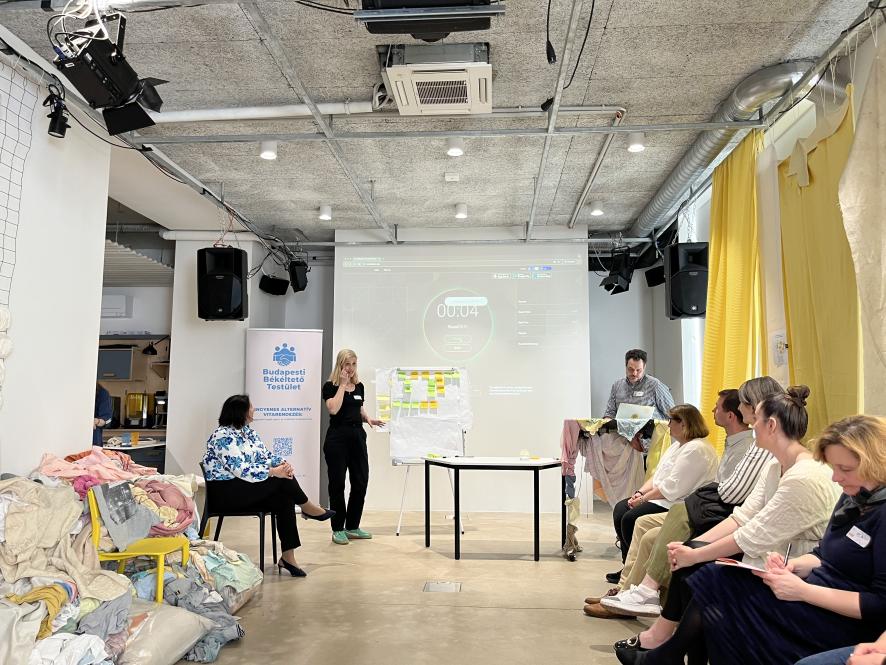
The outcome: more human-centred conciliation
The three workshops demonstrated that the service design methodology brought not only a new mindset but also concrete, user-centred development directions into the conciliation process.
This approach contributes to ensuring that the Board’s operations become even more transparent, accessible, and trust-inspiring in the future – a service that both consumers and businesses experience as a collaborative partnership rather than a formal procedure.
The consumer research of the Budapest Conciliation Board – and the three workshops implemented within it – represent not only methodological innovation, but also a new chapter in consumer experience-based public service development in Hungary.
 Vissza az összes bejegyzéshez
Vissza az összes bejegyzéshez